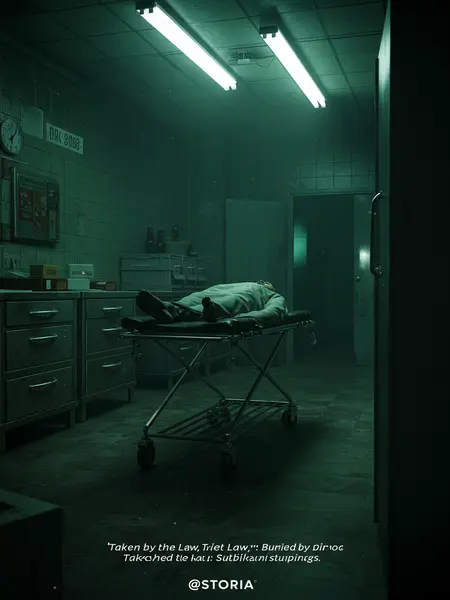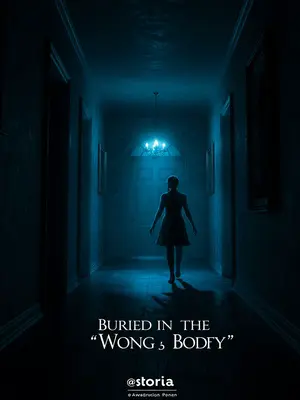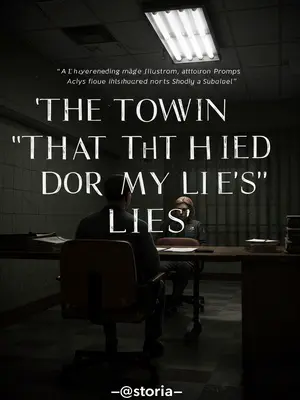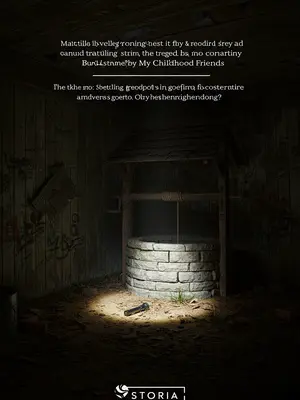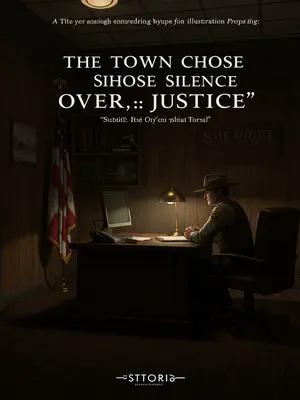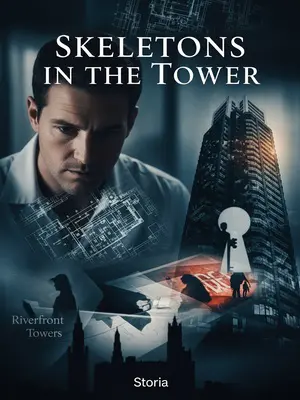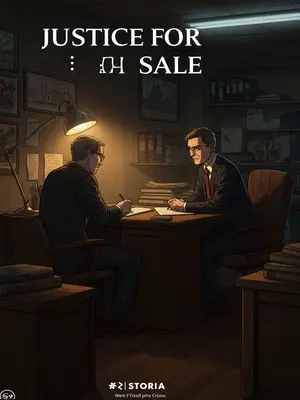Chapter 2: The Last Days of Daniel Sullivan
So what had really happened to Daniel Sullivan?
For a long time after his death, the Sullivans and Daniel’s friends were left in the dark, with nothing but rumors and scraps of memory. Even his last hours were a puzzle, pieced together from shaky recollections—like the world itself wanted to forget.
At 10 p.m. on March 17, Daniel had left his off-campus apartment for a late-night run to a 24-hour internet café. He’d only been in Savannah for about three weeks, and hadn’t gotten his local residency card yet—a new rule the city had started enforcing for out-of-state students. He didn’t take his state ID with him when he slipped out into the humid Georgia night, figuring he wouldn’t be gone long.
Out on the street, Daniel ran into police everywhere, checking IDs. Their cruiser lights flickered off the wet pavement. The officers stopped him, questioned him, and when he couldn’t produce a permit or ID, they took him to the Maplewood Street Police Station. At 11 p.m., Daniel used his one phone call to reach Mr. Chambers, his roommate. His voice sounded nervous: “Can you grab my state ID and some cash? They won’t let me go without it.”
Around midnight, Mr. Chambers arrived at the station. The front desk was behind a thick pane of glass. The air smelled like stale coffee and disinfectant. Daniel’s face looked pale and scared as he pressed his palm to the window. The officers refused to release Daniel, offering only a clipped, “We can’t let this person go.” Mr. Chambers managed to catch a glimpse of Daniel through the glass. He asked what happened, and Daniel shrugged, eyes darting away, voice barely above a whisper: “I talked back to the cops.”
There was nothing Mr. Chambers could do. He left the police station with a heavy heart, never imagining it would be the last time he saw Daniel alive.
On March 18, Daniel was transferred to the Savannah City Detention and Relocation Transit Center. There, in a borrowed moment, he managed to call another friend. That friend would later recall that Daniel’s voice was rushed, a little shaky, stuttering—he sounded terrified, like a rabbit cornered in a snare.
On the 19th, that same friend tried to visit the holding center, desperate to bail Daniel out. Instead, he was told Daniel had already been moved—at 11:30 p.m. the previous night—to the Riverbend Inpatient Department of Savannah General Hospital, over an hour away from downtown. The hospital doubled as the city’s medical ward for detainees—a place where no one wanted to end up. The staff at the desk were stern: “Sorry, you can’t see him. Only immediate family can post bail.”
On the 20th, the friend called again, clinging to hope, asking for instructions to get Daniel released. But this time, the reply was brutally final—Daniel was dead. There was no apology, no explanation. Just a wall of bureaucracy and heartbreak.
How could a healthy young man just die like that?
The days that followed were a blur. The Sullivan family pounded the pavement, knocking on every door they could find: the police station, the holding center, the hospital, the district attorney’s office, the courthouse, city council, Department of Social Services, even the local health department. They shuffled through endless waiting rooms, filling out forms under flickering fluorescent lights, their voices hoarse from repeating the same questions. A handful of small-town folks, out of place in the city’s bustle, spent days running in circles—getting nowhere, getting no answers.
They went to every government office in Savannah. Everywhere they turned, doors slammed shut. But Leonard swore to himself—he wouldn’t let Daniel’s story end in silence.
